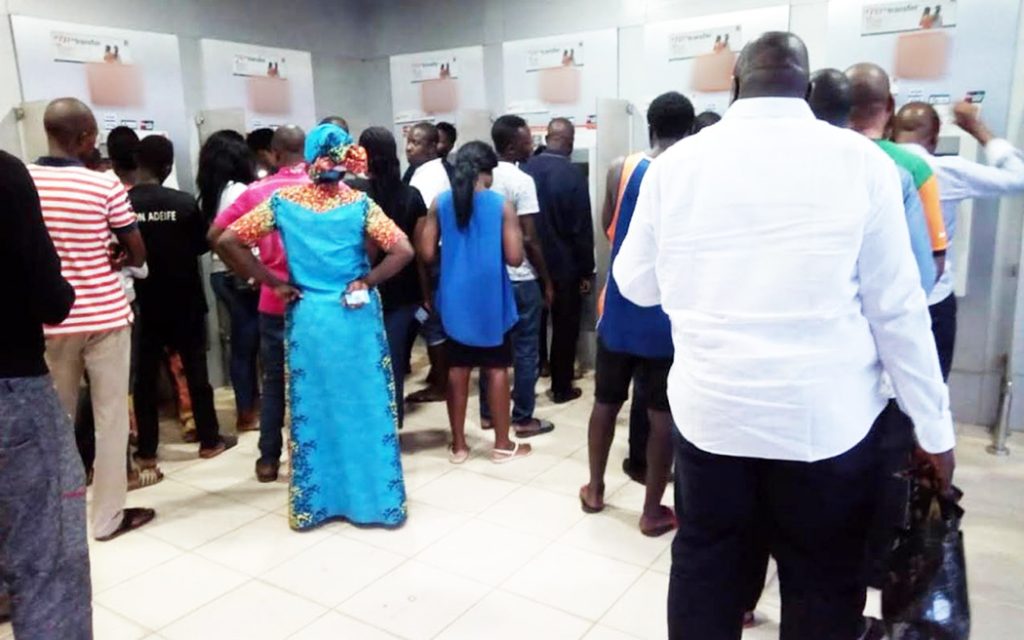Nigerians continue to grapple with cash shortages despite efforts by the Central Bank of Nigeria (CBN) to ensure adequate currency circulation. Limits on ATM withdrawals and challenges faced by Point-of-Sale (POS) operators have left many citizens and businesses frustrated, with rising operational costs and inflated charges adding to their woes.
Despite these limitations, ATMs remain essential for many Nigerians, particularly older citizens who rely on them due to difficulties using mobile banking apps. Traders have also voiced safety concerns about mobile transfers, citing incidents of theft through banking apps, which have pushed them to depend on ATMs for cash transactions.
As ATMs struggle to meet cash demands, POS operators have become a crucial alternative. However, they face significant challenges in sourcing cash. Some revealed that they often secure cash from other sources, incurring fees of N10,000 to N15,000 depending on the amount.

Other operators have devised creative solutions by partnering with business owners to exchange cash for bank transfers. However, these workarounds highlight the broader strain on cash availability and the high operational costs POS operators endure.
Bankers have attributed the cash scarcity to the CBN’s cashless policy, which aims to reduce dependency on physical cash. A banker from a tier-1 bank explained that ATM withdrawal limits, such as N5,000 or N10,000 per transaction, were introduced to distribute cash more evenly among users.
Corporate account holders, including POS operators, often have higher withdrawal limits, accessing up to N500,000 daily. However, the demand for cash consistently outpaces supply, a situation compounded by the public’s reluctance to adopt cashless payment methods fully.
The CBN has taken measures to address cash shortages. In late 2024, it injected N1.4 trillion into circulation and imposed penalties on banks that failed to ensure adequate cash availability. From December 2024, the CBN introduced mechanisms for reporting ATM and branch cash withdrawal issues and ramped up enforcement of withdrawal limits for both individuals and POS agents.
Despite these interventions, cash shortages persist, reflecting the challenges of balancing a cashless policy with the realities of a cash-dependent population. While the CBN encourages Nigerians to adopt cashless payments, many remain reliant on physical currency due to systemic limitations and practical concerns.


